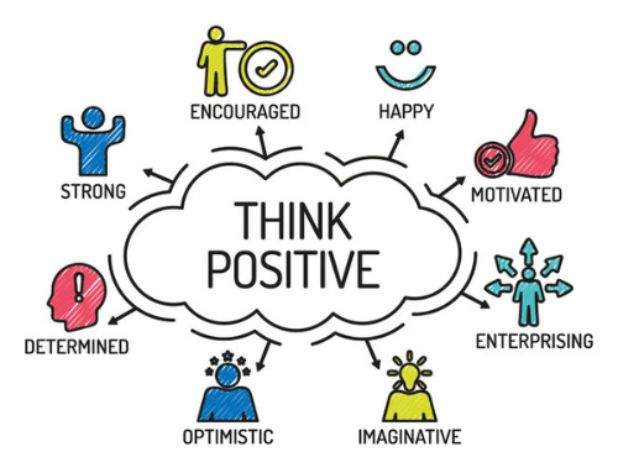When discussing stoicism, I would describe it as an inner strength that guides your reasoning and fosters self-control. In today’s world, Stoicism offers us valuable tools to navigate adversity. It helps maintain calmness and think logically when faced with challenges. All this happens while staying true to our core values. This is why two individuals can respond differently to the same situation.
Stoicism teaches us to recognize the natural order of things. It helps us accept that some aspects of life are beyond our control. Those who demonstrate mental toughness often embody stoic principles more than those who may seem more sensitive. Contrary to the belief that stoic individuals are indifferent, I think they just react to situations with calmness.
How to Master Stoicism
- Stay calm in uncomfortable situations: Practice patience and remind yourself that this too shall pass. Stoics often engage in deep inner dialogues, affirming that regardless of the circumstances, they will strive to do good, whether the suffering is justified or not.
- Positive affirmations: Perspectives are choices, and how we choose to view them shapes our outcomes. While mastering stoicism may be challenging at first, you’ll find greater appreciation as you begin to approach situations with a new mindset. It’s not about suppressing your emotions; rather, it’s about acknowledging your pain, anxiety, and other feelings without allowing them to control you.
- The impediment to action advances action: What stands in the way becomes the way. Stoicism encourages you to savor the present moment instead of fixating on the past or worrying about the future.
- Emotional regulation: Both Stoicism and mental toughness highlight the significance of managing emotions, understanding that they can be both empowering and debilitating. Build resilience by developing coping strategies to handle adversity, such as deep breathing, physical exercise, or journaling.
- Reframing challenges: The practice of viewing challenges as opportunities for growth, rooted in Stoicism, can assist individuals in cultivating a more resilient and adaptable mindset. For instance, adopting a growth mindset allows you to see challenges as chances for personal development. By combining the principles of Stoicism with mental toughness, individuals can mentally equip themselves to tackle any situation they face, approaching issues with a positive attitude. It is possible to have a stoic mind set if one decides to train their minds.



